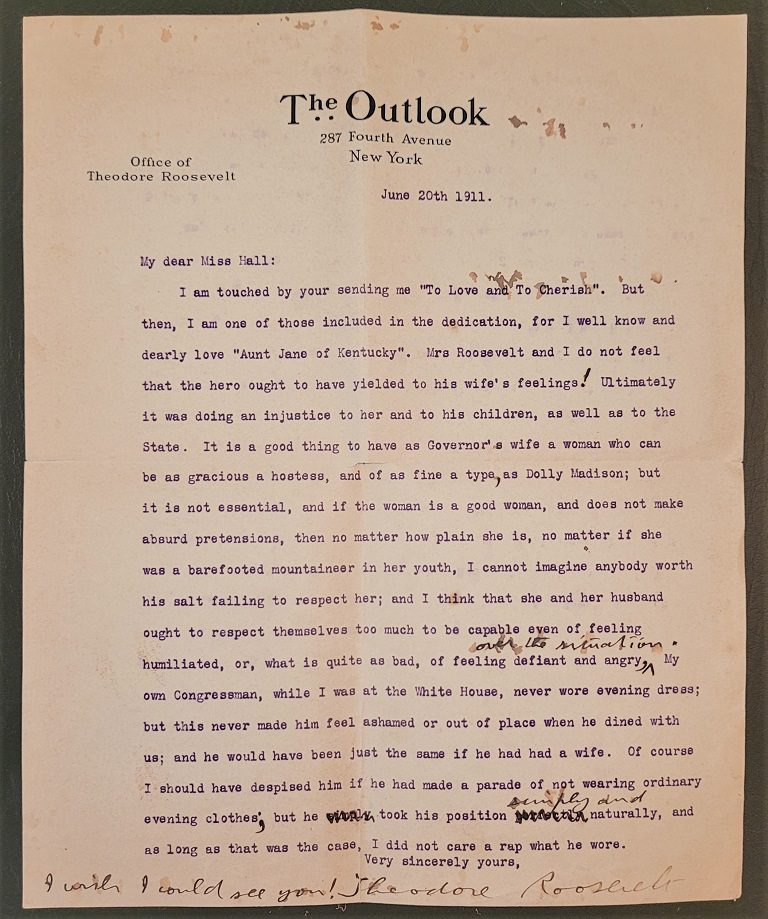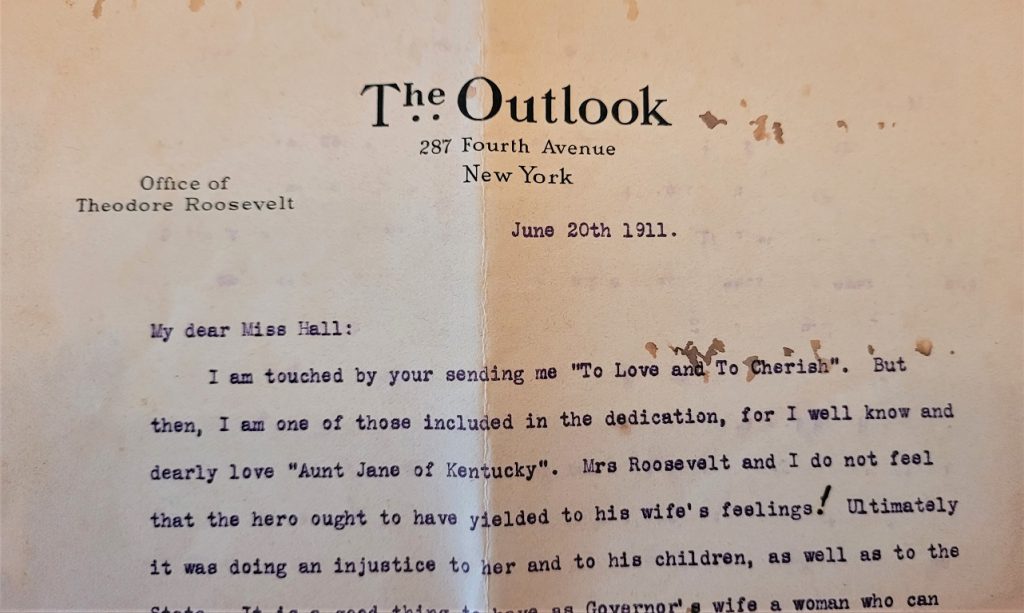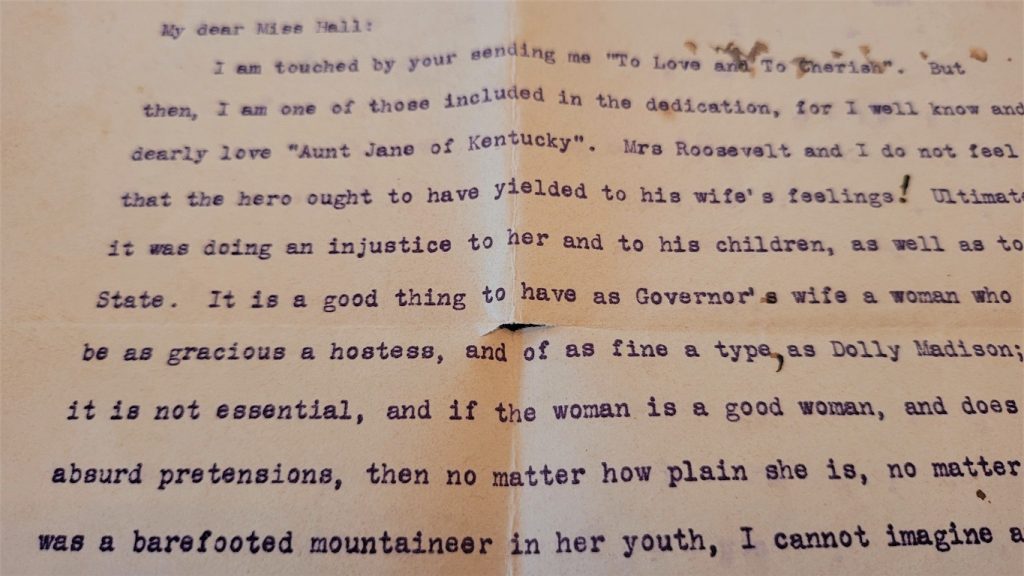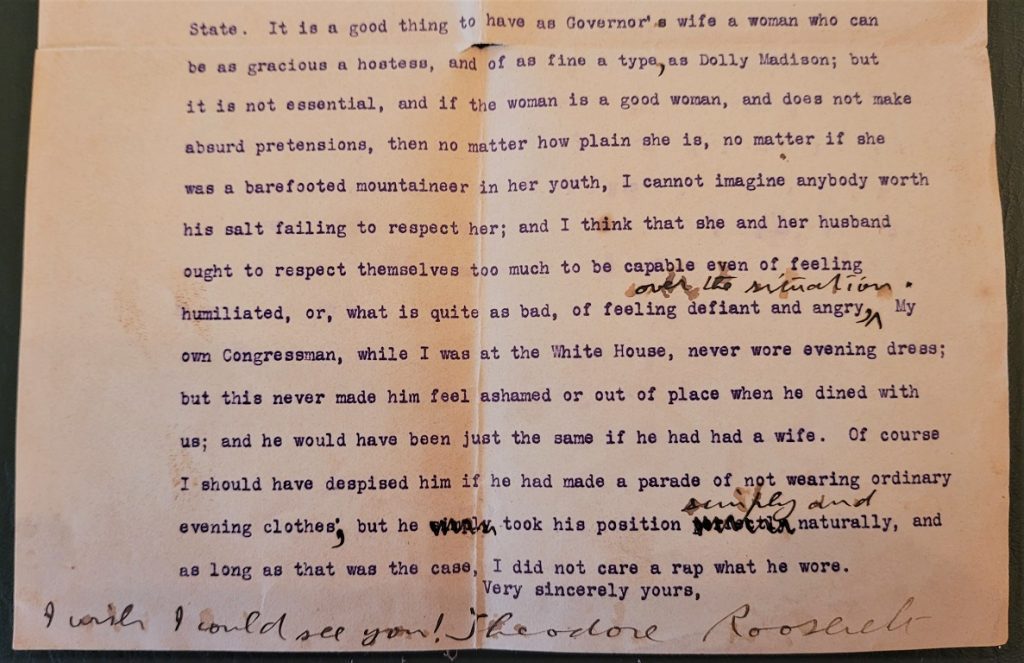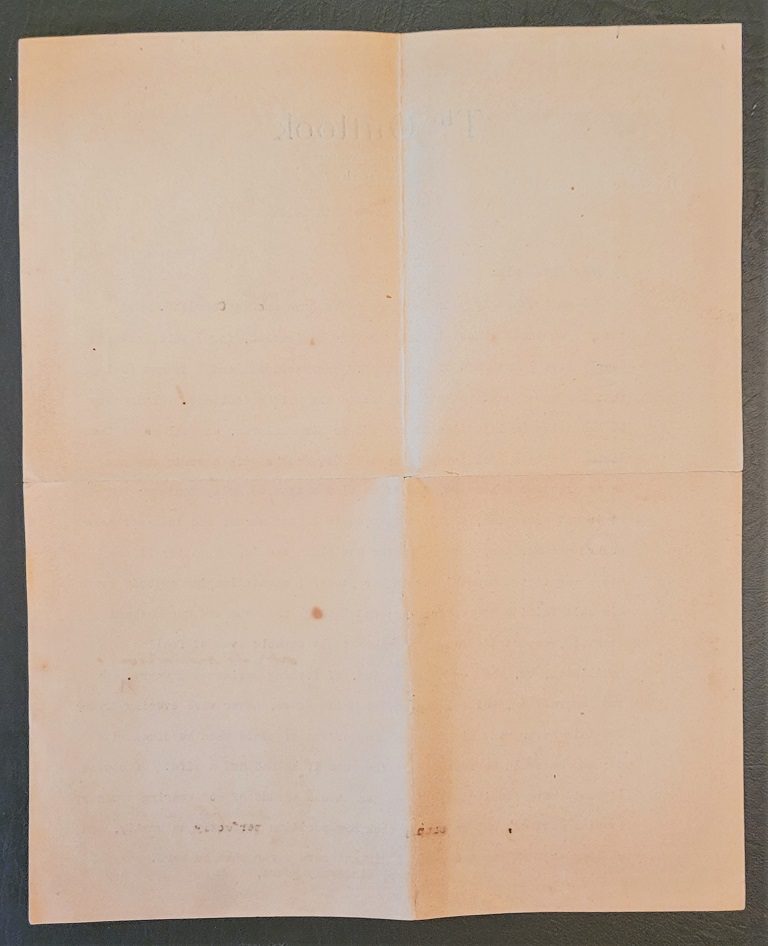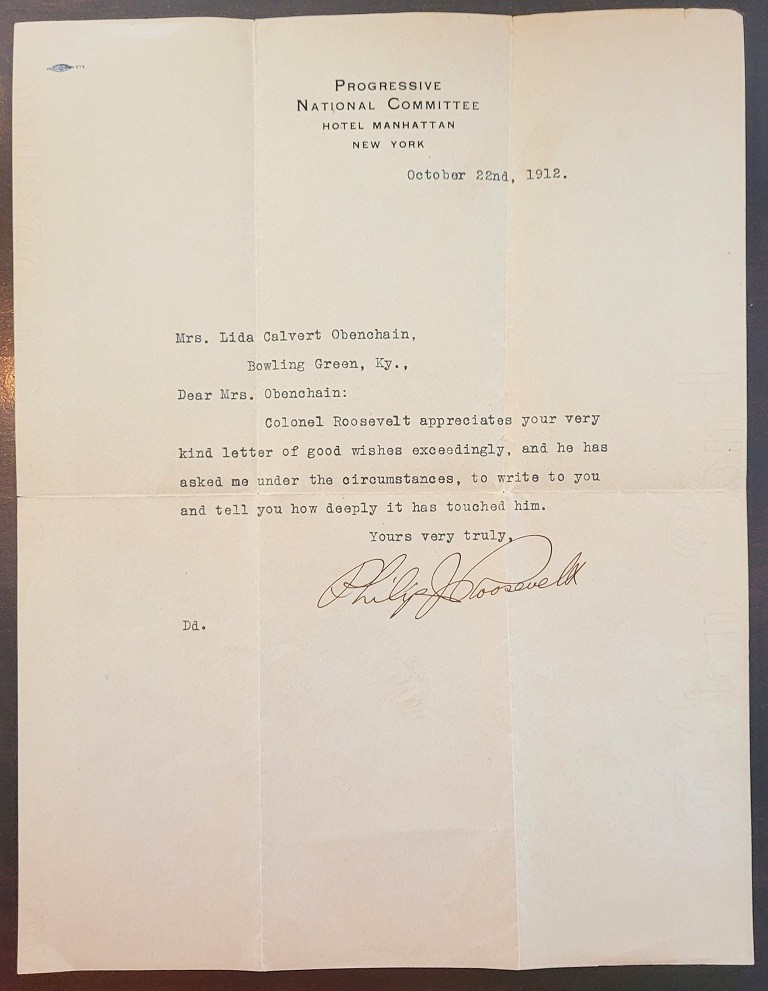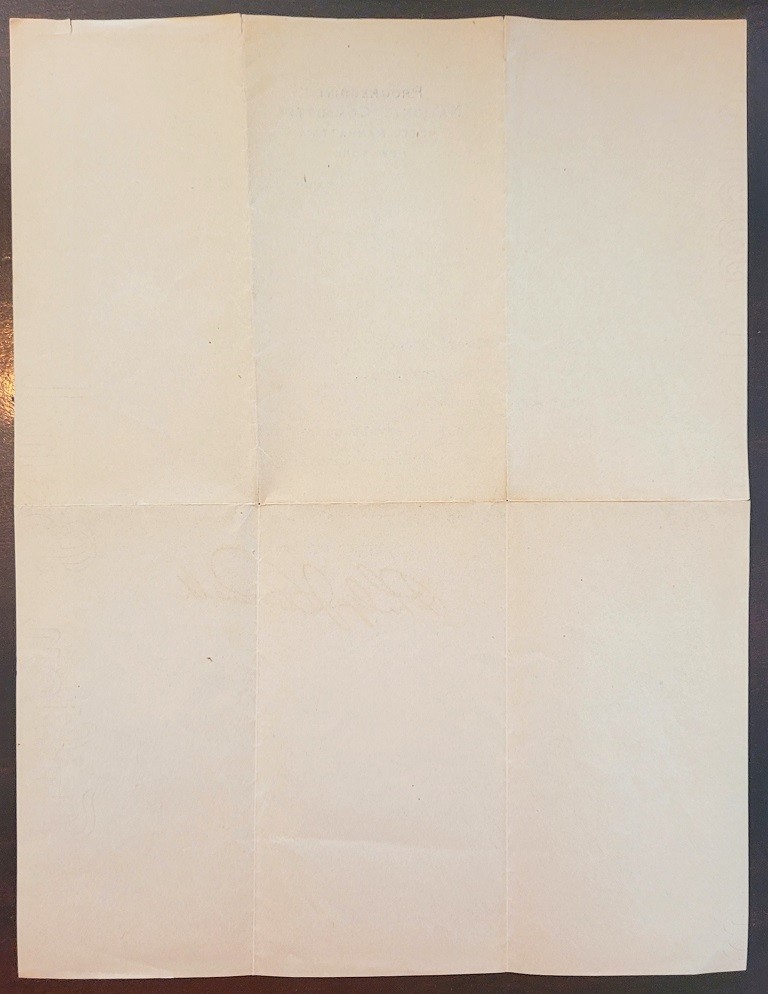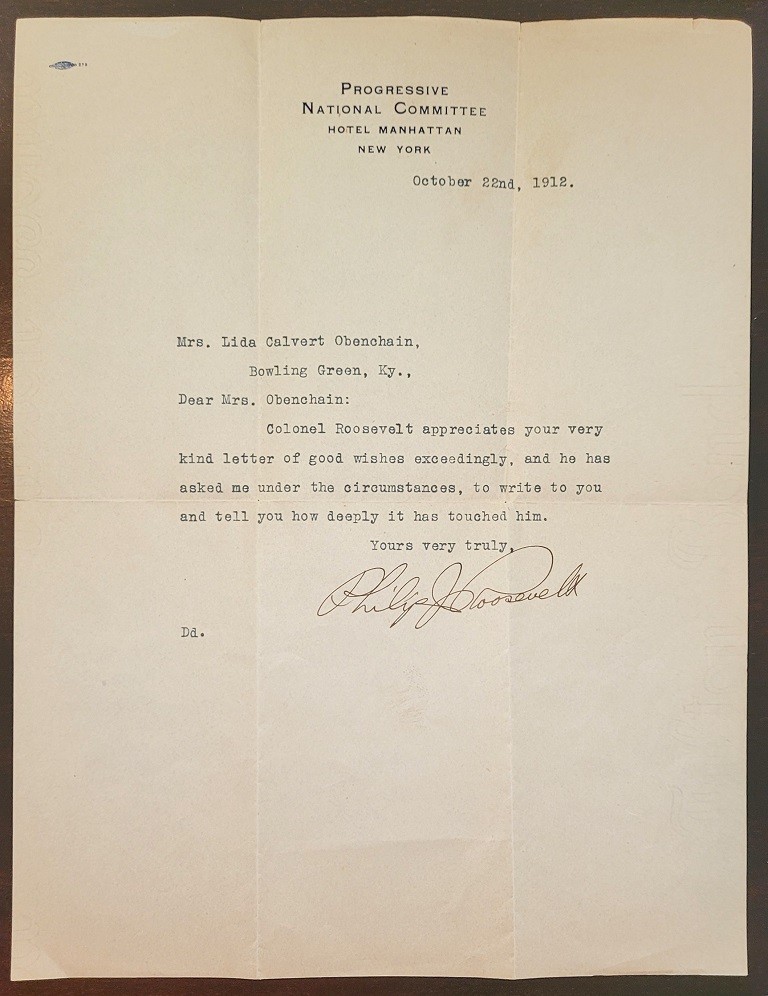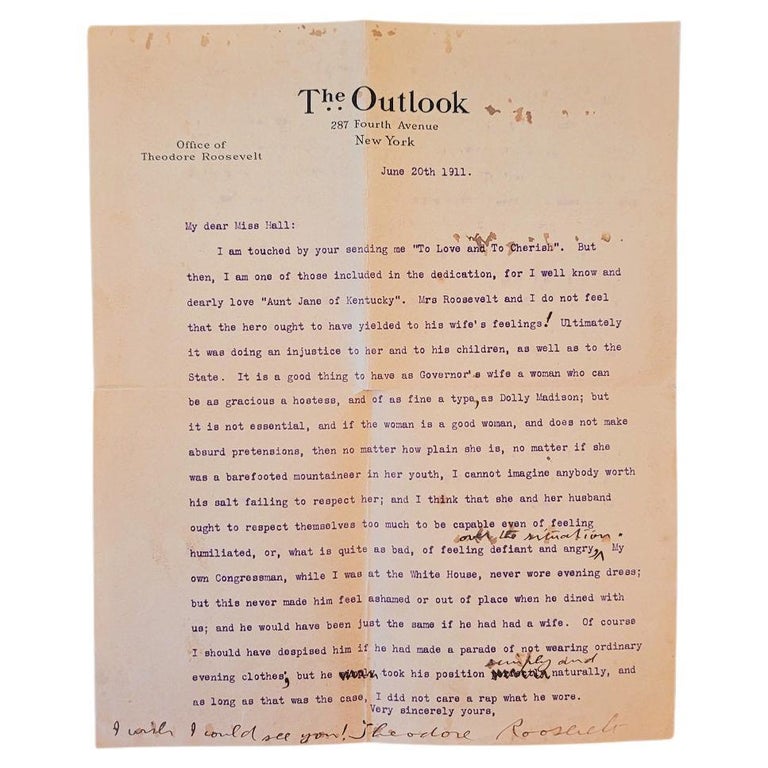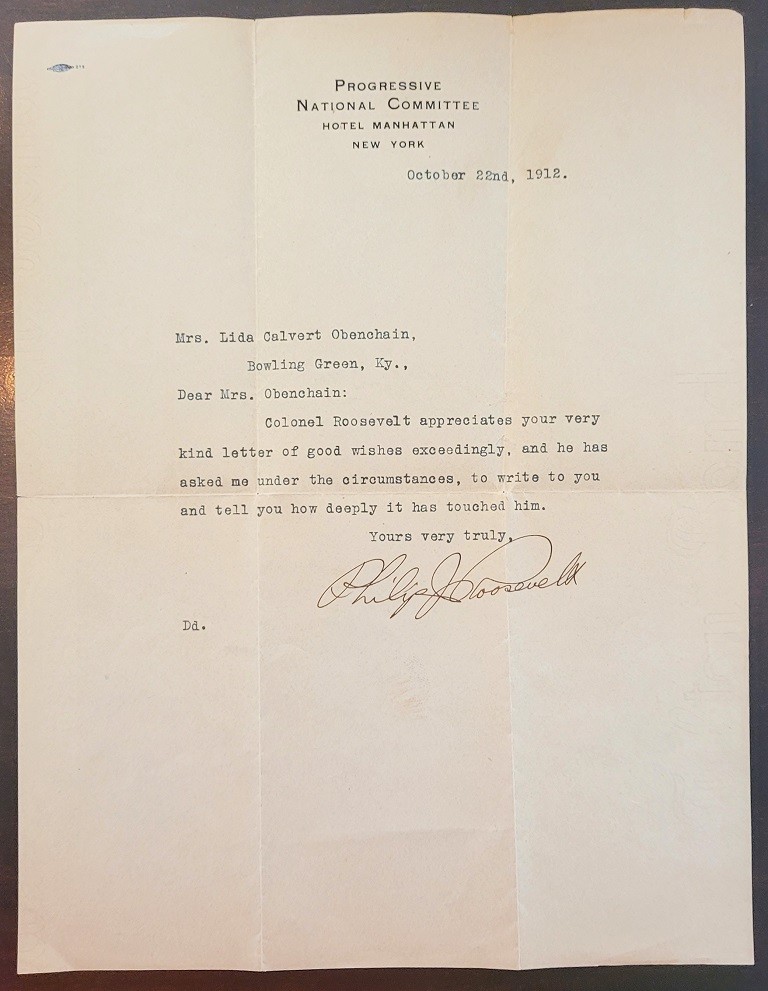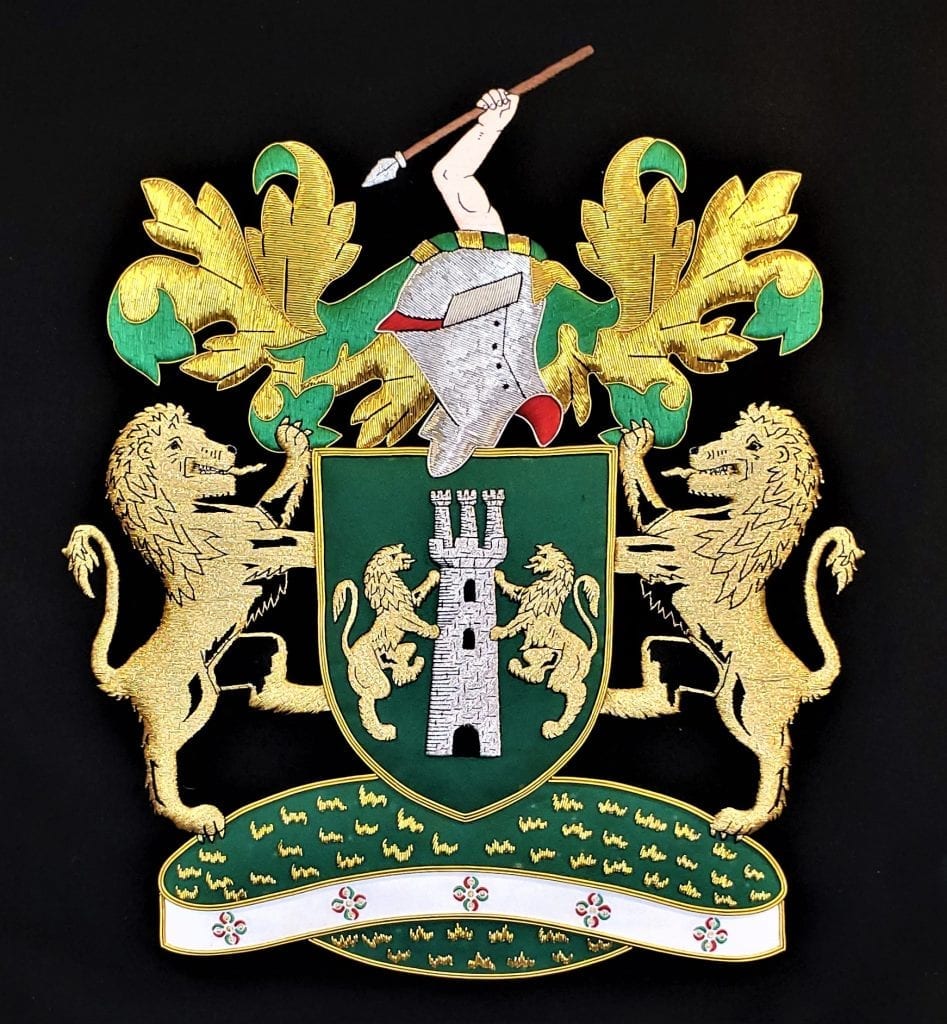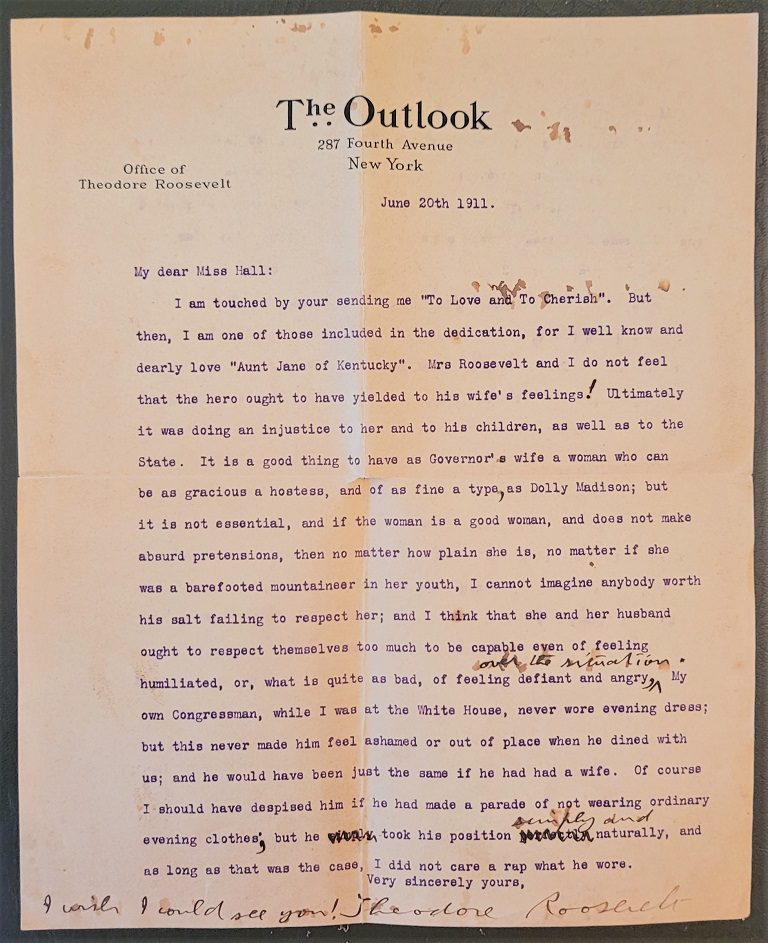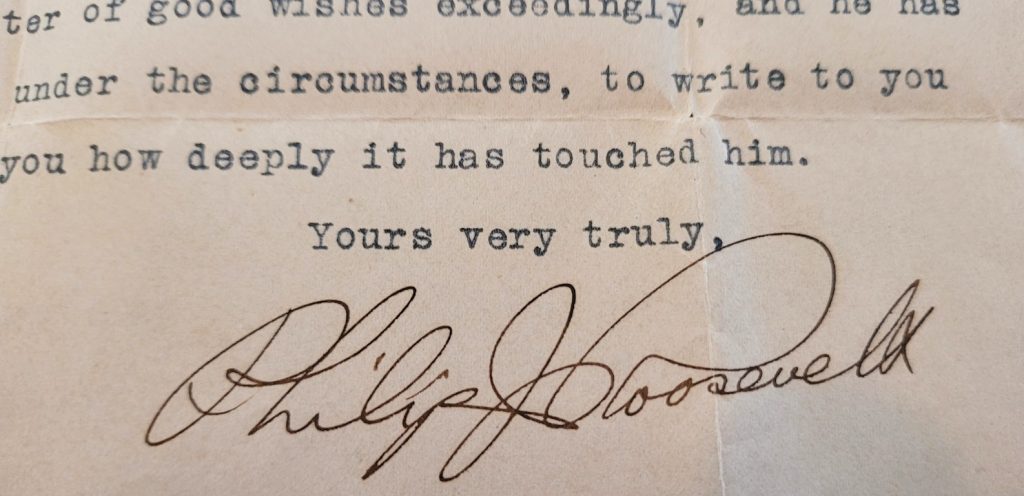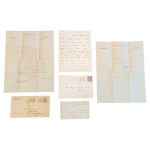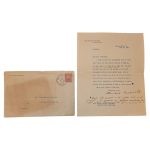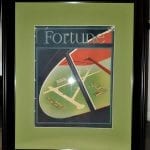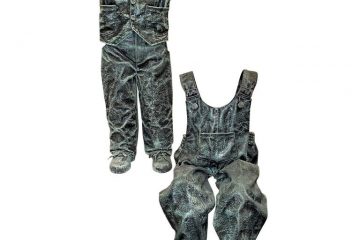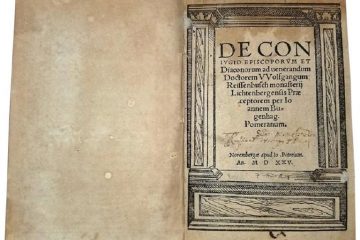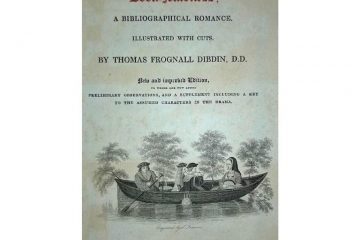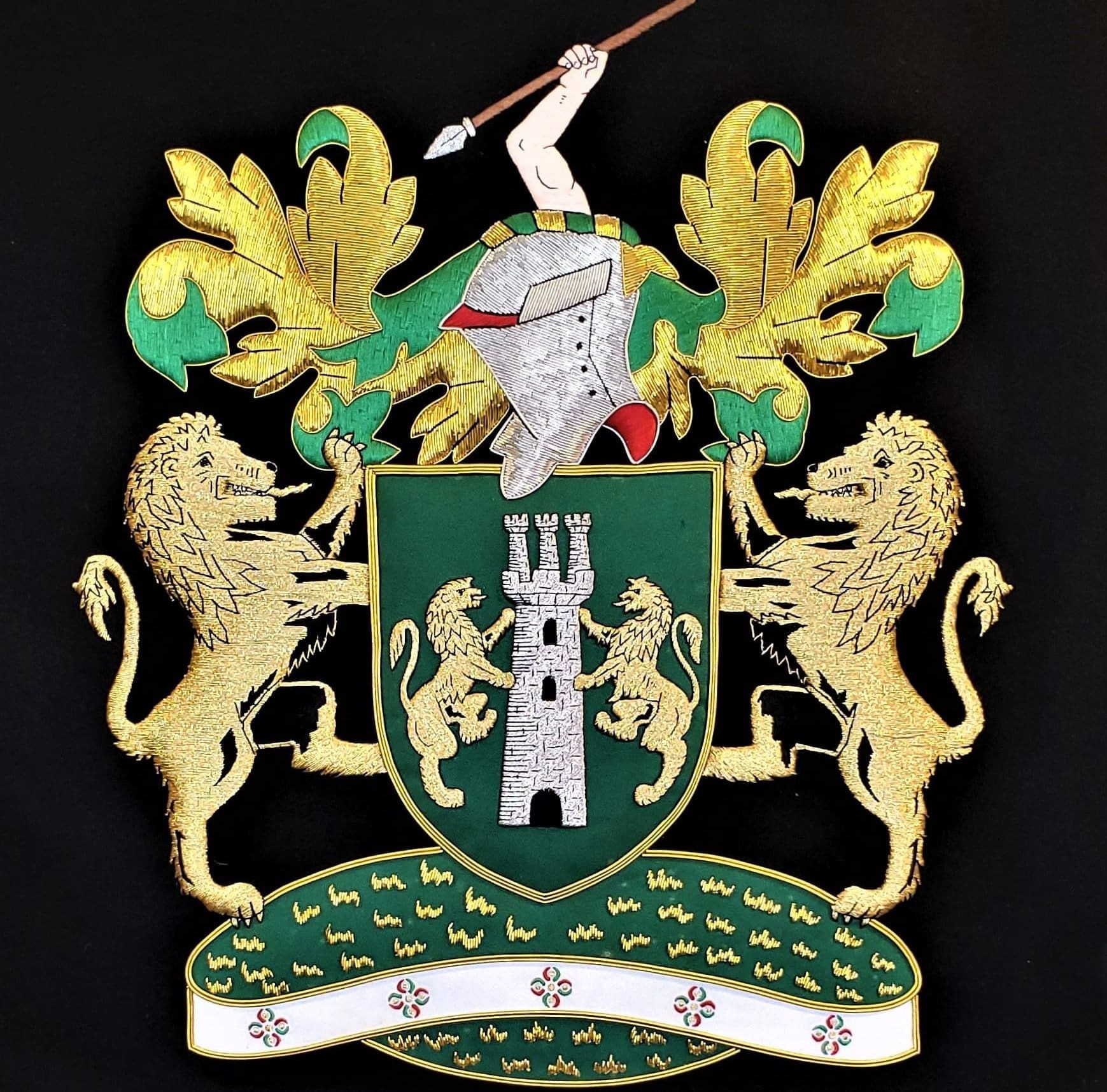Important Teddy Roosevelt Letter of June 1911
PRESENTING AN EXCEPTIONALLY RARE and FULLY AUTHENTIC Teddy Roosevelt Letter of June 1911 .
On ‘The Outlook’ letterhead. Typed and personally signed and amended by President Theodore Roosevelt.
Dated June 20th 1911.
What makes this letter so important is the author, the office and the content.
It refers to the beliefs and opinions of the then President and First Lady (Edith) towards the women’s sufferage and empowerment movement that was the ‘hot topic’ of the time.
It is addressed to Eliza Calvert Hall/Obenchain who was a well known author at the end of the 19th Century and Early 20th Century. In 1905, Teddy referred to her book “Aunt Jane of Kentucky’, in a speech and recommended that every man in America should read it to understand ‘the plight of their womenfolk’. He regularly corresponded with her and we have a number of those letters in our collection. It appears that both he and Edith became big fans of Mrs Hall/Obenchain who was also heavily involved in the Suffragist movement.
The letters also provide a fascinating and historic record of Roosevelt’s personal beliefs and feelings on female empowerment.
The Letter Reads:
The Outlook
287 Fourth Avenue
New York
Office of Theodore Roosevelt
June 20th, 1911
“My dear Miss Hall:
I am touched by your sending me “To Love and To Cherish”. But then, I am one of those included in the dedication, for I well know and dearly love ” Aunt Jane of Kentucky”. Mrs. Roosevelt and I do not feel that the hero ought to have yielded to his wife’s feelings ! Ultimately it was doing an injustice to her and to his children, as well as to the State. It is a good thing to have a Governor’s wife a woman who can be as gracious a hostess, and of as fine a type, as Dolly Madison: but it is not essential, and if the woman is a good woman, and does not make absurd pretensions, then no matter how plain she is, no matter if she was a barefoot mountaineer in her youth, I cannot imagine anybody worth his salt failing to respect her: and I think that she and her husband ought to respect themselves too much to be capable of even feeling humiliated, or, what is quite as bad, of feeling defiant and angry over the situation. My own Congressman, while I was at the White House, never wore evening dress: but this never made him feel ashamed or out of place when he dined with us: and he would have been just the same if he had had a wife. Of course, I should have despised him if he had made a parade of not wearing ordinary evening clothes, but he took his position simply and naturally, and as long as that was the case, I did not care a rap what he wore.
Very sincerely yours,
Theodore Roosevelt
I wish I could see you !“
AS AN ADDED BONUS – AND AT NO EXTRA COST –
We are including in this sale an original typed letter on ‘Progressive National Committee’ letterhead based at Hotel Manhattan, New York dated October 22nd 1912 to Lida Calvert Obenchain. personally signed by Philip Roosevelt (Teddy’s first cousin, assistant, adviser and a 1912 graduate of Harvard University) on behalf of Teddy stating:
“Dear Mrs Obenchain,
Colonel Roosevelt appreciates your very kind letter of good wishes exceedingly, and he has asked me under the circumstances, to write to you and tell you how deeply it has touched him.
Yours very truly,
Philip Roosevelt”
Theodore Roosevelt Jr. (/ˈroʊzəvɛlt/ ROH-zə-velt; October 27, 1858 – January 6, 1919), often referred to as Teddy or his initials T. R., was an American politician, statesman, conservationist, naturalist, historian, and writer who served as the 26th president of the United States from 1901 to 1909. He previously served as the 25th vice president under William McKinley from March to September 1901, and as the 33rd governor of New York from 1899 to 1900. Having assumed the presidency after McKinley’s assassination, Roosevelt emerged as a leader of the Republican Party and became a driving force for anti-trust and Progressive policies.
Roosevelt was a sickly child with debilitating asthma but partly overcame his health problems by embracing a strenuous lifestyle. He integrated his exuberant personality, a vast range of interests and achievements into a “cowboy” persona defined by robust masculinity. He was home-schooled and began a lifelong naturalist avocation before attending Harvard. His book The Naval War of 1812 (1882) established his reputation as a learned historian and popular writer. Upon entering politics, he became the leader of the reform faction of Republicans in New York’s state legislature. His wife and mother both died in the same night and he was psychologically devastated. He recuperated by buying and operating a cattle ranch in the Dakotas. He served as Assistant Secretary of the Navy under President William McKinley and in 1898 helped plan the highly successful naval war against Spain. He resigned to help form and lead the Rough Riders, a unit that fought the Spanish army in Cuba to great publicity. Returning a war hero, he was elected governor of New York in 1898. The New York state party leadership disliked his ambitious agenda and convinced McKinley to make Roosevelt as his running mate in the 1900 election. Roosevelt campaigned vigorously, and the McKinley–Roosevelt ticket won a landslide victory based on a platform of victory, peace and prosperity.
Roosevelt assumed the presidency at age 42 after McKinley was assassinated in September 1901. He remains the youngest person to become President of the United States. Roosevelt was a leader of the progressive movement and championed his “Square Deal” domestic policies, promising the average citizen fairness, breaking of trusts, regulation of railroads, and pure food and drugs. He prioritized conservation and established national parks, forests, and monuments intended to preserve the nation’s natural resources. In foreign policy, he focused on Central America where he began construction of the Panama Canal. He expanded the Navy and sent the Great White Fleet on a world tour to project American naval power. His successful efforts to broker the end of the Russo-Japanese War won him the 1906 Nobel Peace Prize. Roosevelt was elected to a full term in 1904 and continued to promote progressive policies. He groomed his close friend William Howard Taft to succeed him in the 1908 presidential election.
Roosevelt grew frustrated with Taft’s brand of conservatism and belatedly tried to win the 1912 Republican nomination for president. He failed, walked out, and founded the Progressive Party. He ran in the 1912 presidential election and the split allowed the Democratic nominee Woodrow Wilson to win the election. Following the defeat, Roosevelt led a two-year expedition to the Amazon basin where he nearly died of tropical disease. During World War I, he criticized Wilson for keeping the country out of the war; his offer to lead volunteers to France was rejected. He considered running for president again in 1920, but his health continued to deteriorate. He died in 1919. He is generally ranked in polls of historians and political scientists as one of the five best presidents.
Link: https://en.wikipedia.org/wiki/Theodore_Roosevelt
Philip James Roosevelt (May 15, 1892 – November 1941) was a World War Icaptain for the United States Army, Aviation Section, U.S. Signal Corps (predecessor to the United States Air Force), editor of Aviation and Aeronautic Engineering (later known as Aviation Week, then Aviation Week & Space Technology), banker, yachtsman, and a cousin of United States PresidentTheodore Roosevelt. Philip was close to the president’s children and accompanied them on trips. He was a 1912 graduate of Harvard University. He served as the 1914 President of The Harvard Advocate.
Link: https://en.wikipedia.org/wiki/Philip_Roosevelt
Important Teddy Roosevelt Letter of June 1911 (with bonus letter from Philip Roosevelt dated 10/22/12)
Provenance: From the Estate of Eliza Calvert Hall
Condition: (1) Teddy Letter – Very Good. Some discoloration (yellowing of paper) through passage of time. Some ink staining. One very small tear to letter, at the center fold.
(2) Philip Letter – Very good. Some discoloration (yellowing of paper) through passage of time. Fold marks and 2 very small tears to top letter but not significant.
Both stored in an acid free plastic pouch.
Dimensions:
Teddy Letter is: 7.75 inches wide and 9.5 inches tall.
Philip Letter is: 8.5 inches wide and 11 inches tall.
SALE PRICE NOW: $7,000 (Both letters)
